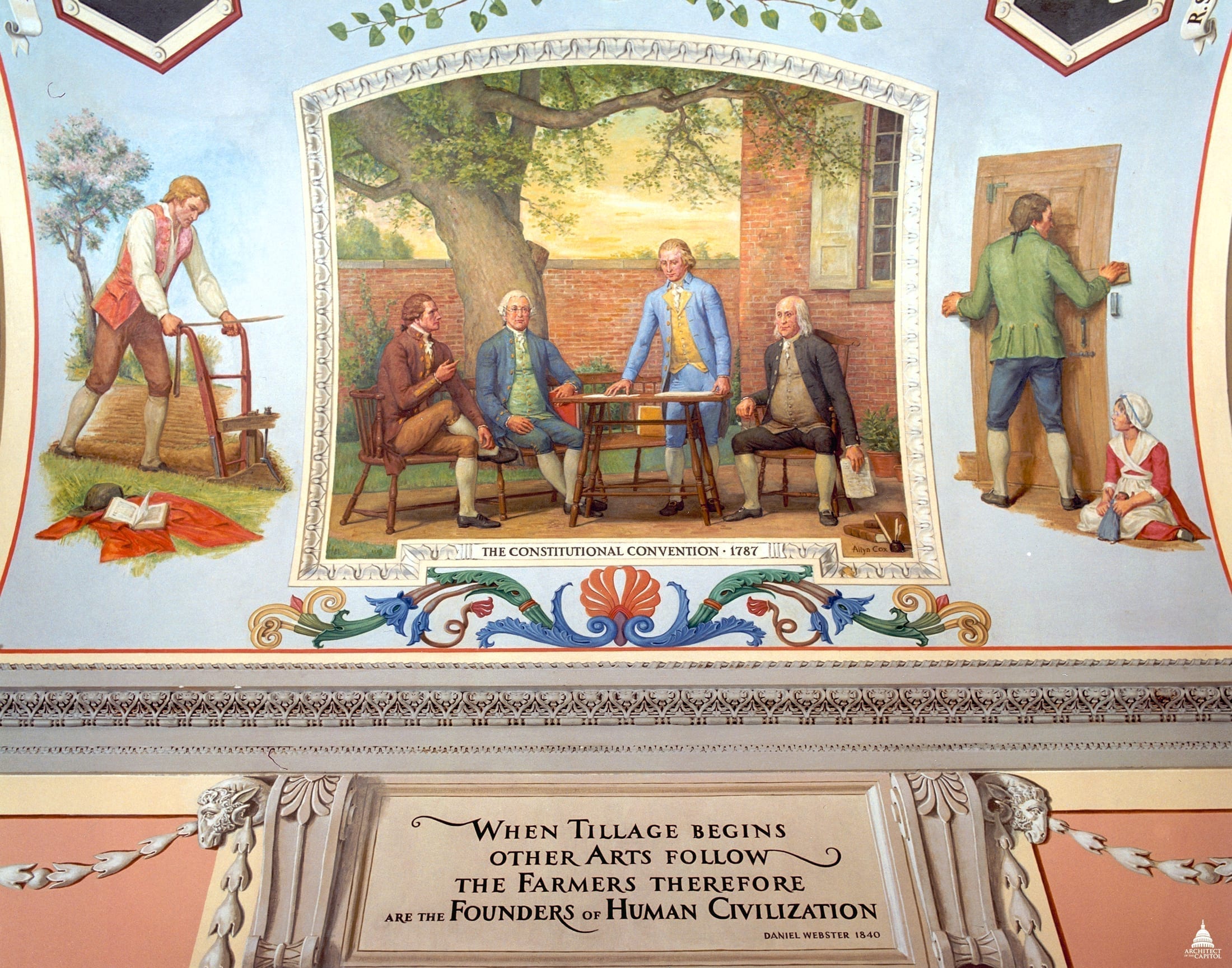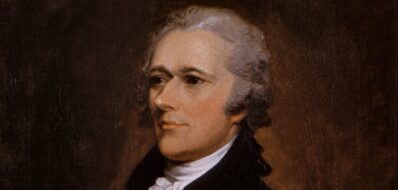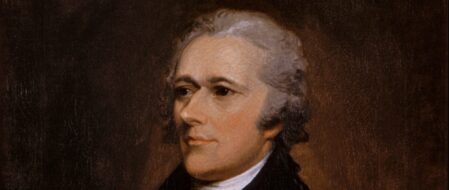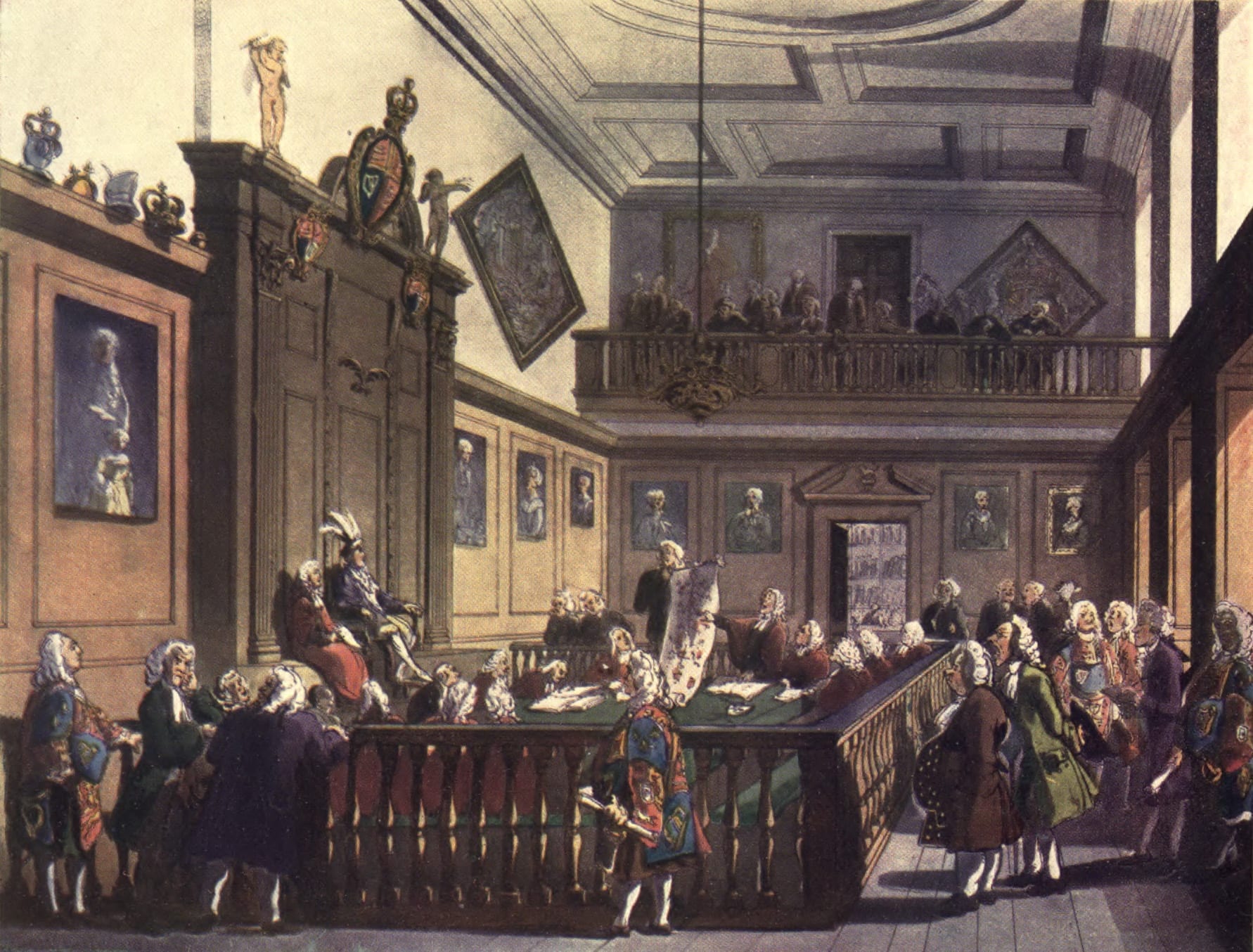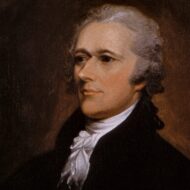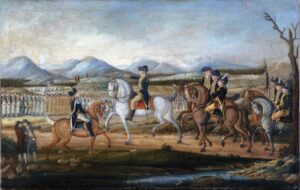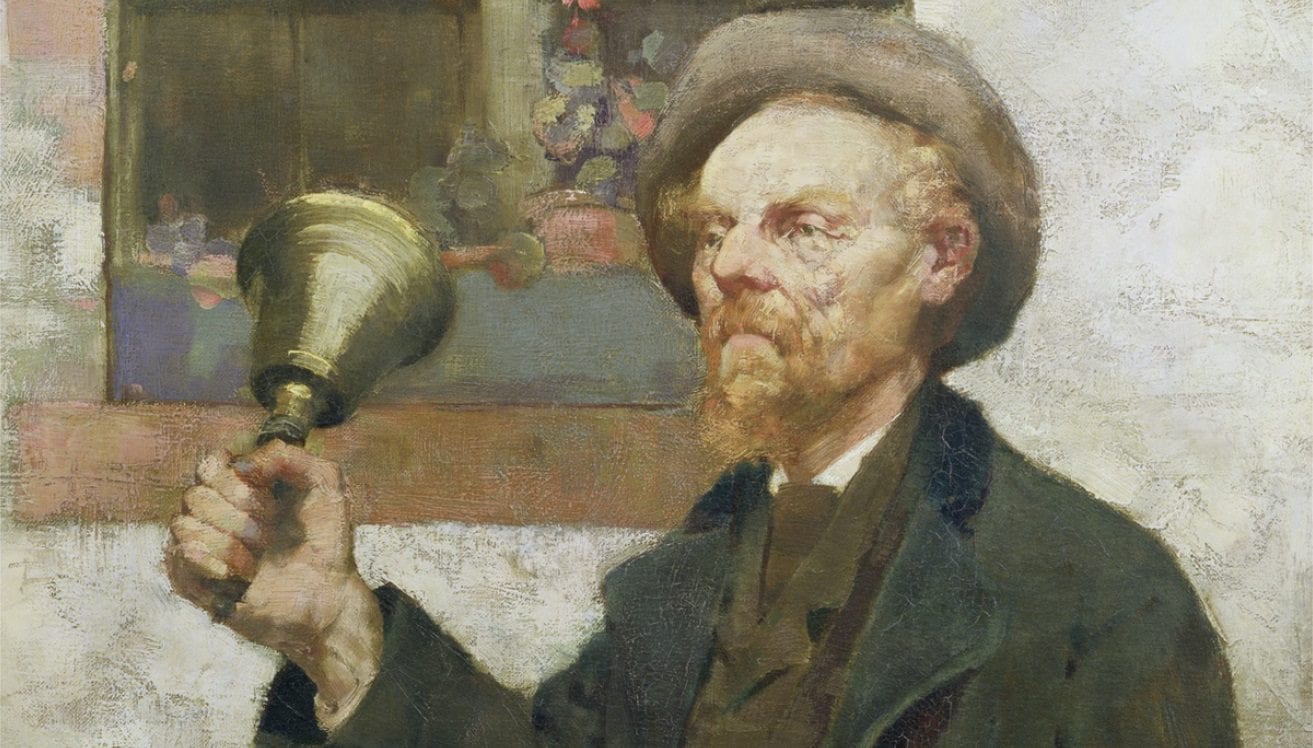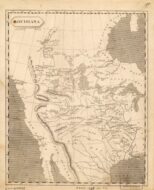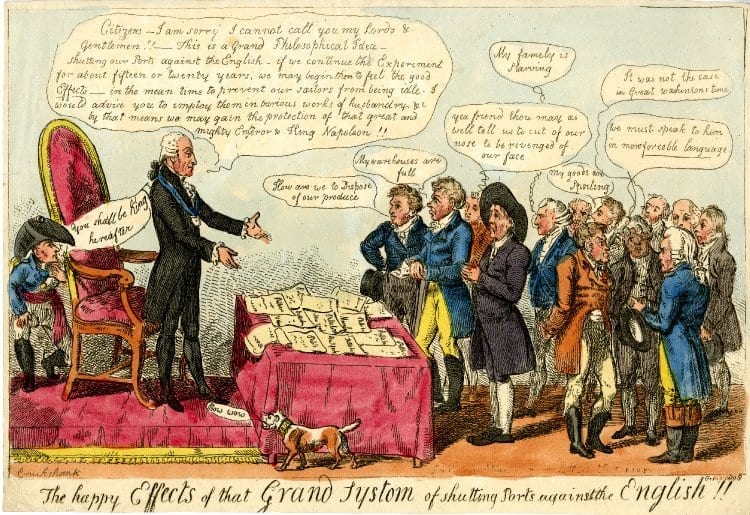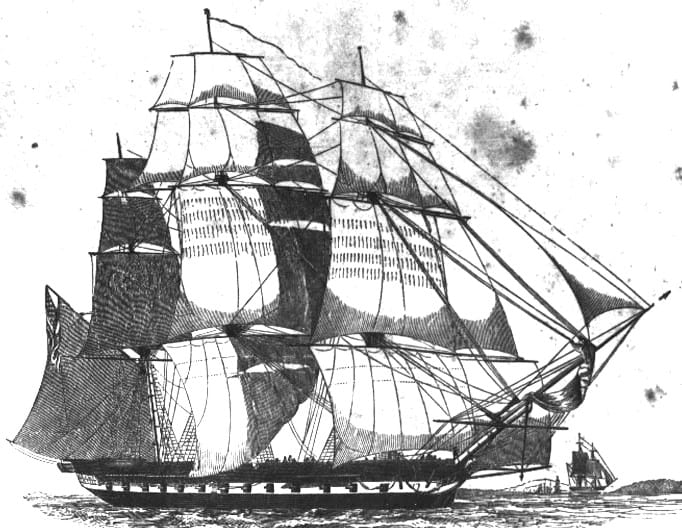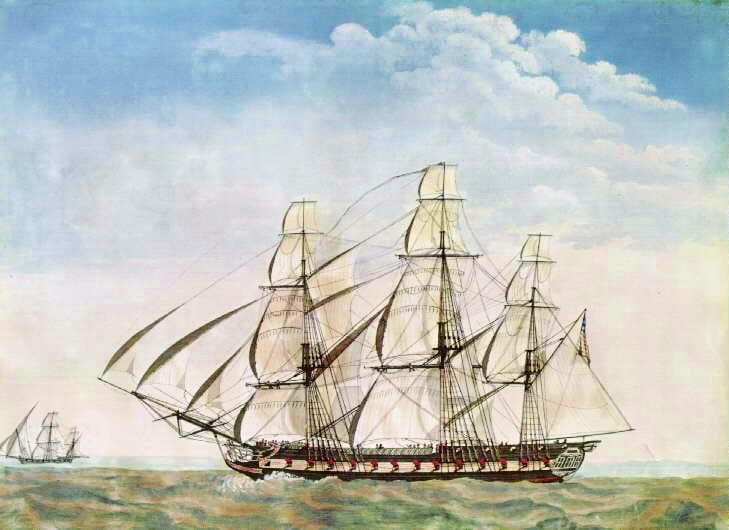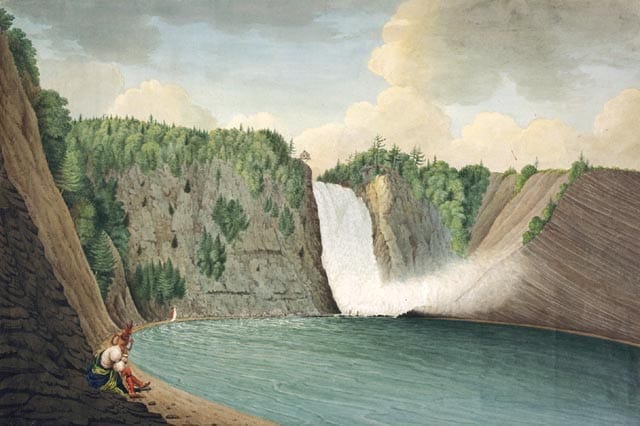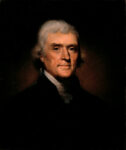For the Gazette of the United States
The conduct of the powers at war is such that an American cannot but feel for the honor and safety of his country. The report of the Secretary of State, as well as other notorious proof, shews that we suffer wrong and encroachment both from the French and the English. The seisure and Condemnation of our vessels in the West Indies by the English, is yet, but imperfectly explained to us, but enough is known to convince us that the aspect of things is very alarming to our peace. To lose our ships and cargoes or to go to war to protect them, is a dreadful alternative. Peace ought to be the aim of our politics as long as it can be maintained. Two things are now proper—To lay aside party disputes; and to indulge no intemperate passions. Parties now owe it to their country to shew their zeal for the common welfare. Something must be done but is it doing any thing worthy of the Crisis, worthy of the firm and confiderate character of our nation, worthy of the neutral station we have publicly taken, to celebrate French triumphs. Is peace our object? If it really is—let us keep peace—Let us behave like neutrals and not like parties in the quarrel. If the disasters of the English arms should make them less unjust, or less arrogant, than we think they are, and if in consequence our chance for perserving peace should be the more favorable; every patriot will rejoice in the event. The seisure of our vessels in the West Indies, on the pretence of their being forfeited by the laws of Louis the XVI, if it has really happened, as we have the most alarming grounds to fear it has, is a scandalous breach of the Laws of Justice and of Neutrality, which merits our indignation. Even on that supposition, it is our policy and our interest to take our measures cooly and cautiously. We must not take counsel of our passions—let us shew the impartial world, that we have courted peace in the love of peace—that they are the aggressors and that all men ought to wish to see them humbled. What madness is it therefore, at this critical moment, for the citizens of New York to shew their partizanship in the war. Why should they ring their bells? What does it say to the world but that America is an enemy under a mask, professing neutrality, yet shewing the most ardent partiality. Is this a proper time to give a pretext to the English who seem ready enough even without one to violate our rights? Is it our prudence to put into their mouths charges against our sincerity? They will not fail to say, you are enemies who dare not to declare war and yet suppose yourselves entitled to indulge the passions of enemies—you allow the French to sell their prizes in your ports.—You refuse the like privilege to us—your newspapers, your public meetings, your toasts and even your legislative bodies, avow your hatred of us. The celebration of French triumphs, is done by public order, and at public charge. This is not neutrality—it is hostility, and, therefore, we make reprisals. If we would avoid war, let our prudence refuse any act of medling with its events or passions. Every individual may freely indulge his feelings—but, a public parade of them, is needless—is rash—is insulting.
SEN EX.










